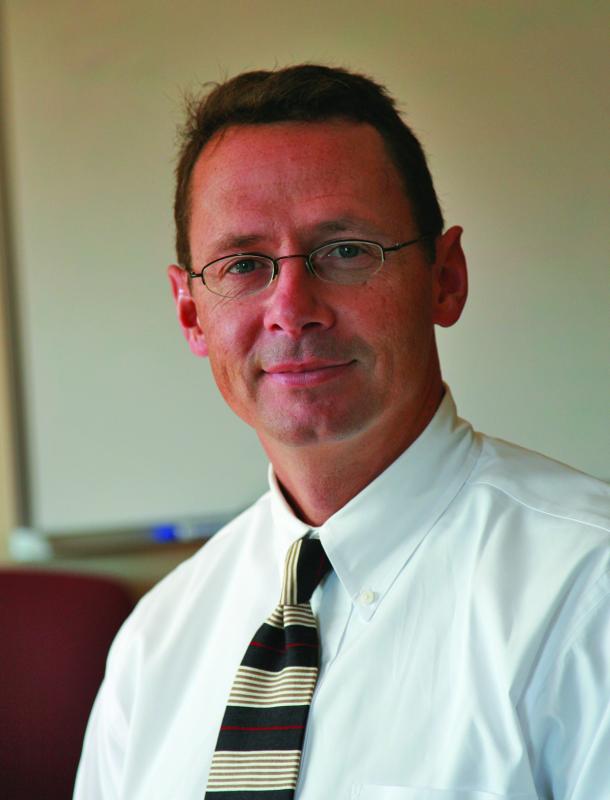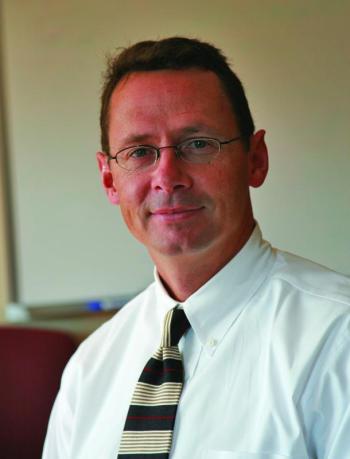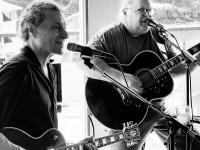The end of life: Part I
 Dr. Mark Fourre is an emergency physician and Chief Medical Officer of Lincoln County Healthcare, the parent company of LincolnHealth. He also serves on its board of trustees. Prior to joining Lincoln County Healthcare, Fourre was an attending faculty at Maine Medical Center where he developed the Emergency Medicine Residency Program and served as residency director.
Dr. Mark Fourre is an emergency physician and Chief Medical Officer of Lincoln County Healthcare, the parent company of LincolnHealth. He also serves on its board of trustees. Prior to joining Lincoln County Healthcare, Fourre was an attending faculty at Maine Medical Center where he developed the Emergency Medicine Residency Program and served as residency director.
 Dr. Mark Fourre is an emergency physician and Chief Medical Officer of Lincoln County Healthcare, the parent company of LincolnHealth. He also serves on its board of trustees. Prior to joining Lincoln County Healthcare, Fourre was an attending faculty at Maine Medical Center where he developed the Emergency Medicine Residency Program and served as residency director.
Dr. Mark Fourre is an emergency physician and Chief Medical Officer of Lincoln County Healthcare, the parent company of LincolnHealth. He also serves on its board of trustees. Prior to joining Lincoln County Healthcare, Fourre was an attending faculty at Maine Medical Center where he developed the Emergency Medicine Residency Program and served as residency director.
One of the most important things my father taught me was also the last thing he taught me. My dad taught me how to die. I hope that I am able to display the same courage, grace and wisdom when my time comes.
The first time I responded to a “code” in the hospital, I was a young medical student. A “code” or “code blue” is called over the intercom system of a hospital when a patient has had an unexpected cardiac arrest. I recall being excited to be a part of the team responding to a critical situation in the hospital.
At the time, Carlos was my senior resident on the medicine service, and he wore his lab coat over his left shoulder with his arm in the sleeve like a matador. Perhaps that was because he was from Spain.
He was a good doctor and a capable teacher.
And, he was not shy about sharing his opinions about our healthcare system in the United States.
See Part II here.
We quickly made our way to the patient’s room and found the resuscitation well underway. There was a small crowd around the bed with several procedures being performed. A nurse was leaning over the patient performing chest compressions as a doctor was passing a breathing tube and the patient was placed on a breathing machine. Shortly thereafter, an electrical shock was delivered to the patient’s chest in the hope of restarting the heart.
Amongst all the commotion, the thing that stood out the most to me was the patient. She was very frail, very old — and lifeless.
After observing this for several minutes, Carlos looked at me and said, “Do you agree with all this?”
All I could do was shrug. I didn’t know enough to know if I agreed with it or not. I did, however, have the sense that it was not quite right. The whole scene struck me as too much. It felt invasive and out of place.
Despite the apparent futility of the efforts, the "code" continued for what seemed to be a very long time. As is the case with the vast majority of “code blues,” the effort was not successful.
Two years later, during my internship year, I returned from California to my home in Minnesota to be with my dad as he died from lung cancer at the age of 59. He died at home with all seven of his adult children gathered around his bed reciting the prayer he had taught each of us when we were small children.
I think of that afternoon often and feel a sense of peace. I am grateful he was able to be with his family as he was dying. And, I am grateful to have been present.
As a physician, I have a clear sense of the decisions I hope to make at the end of my life. However, the most important lessons I learned about life, I learned from my dad.
Event Date
Address
United States
























